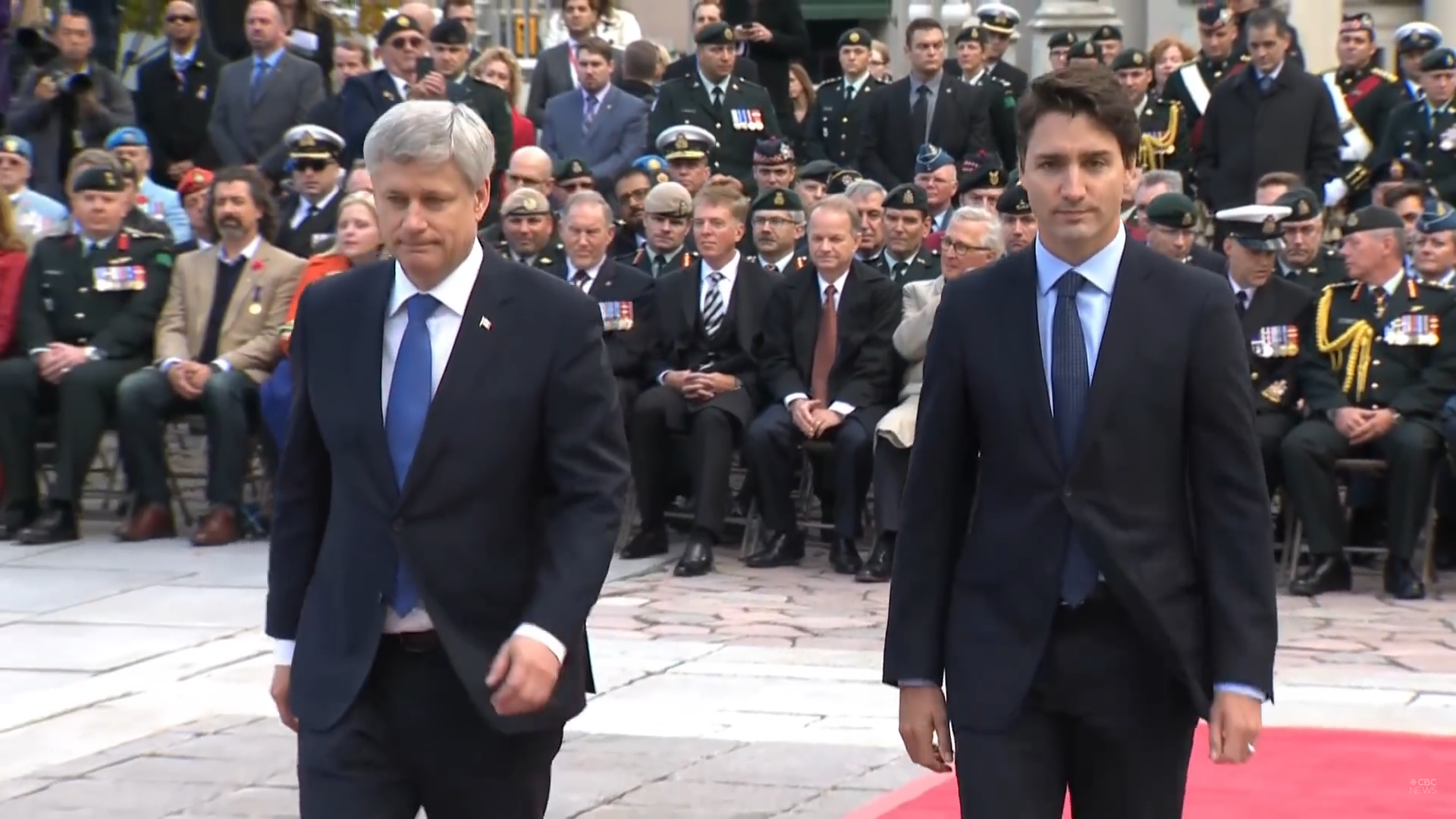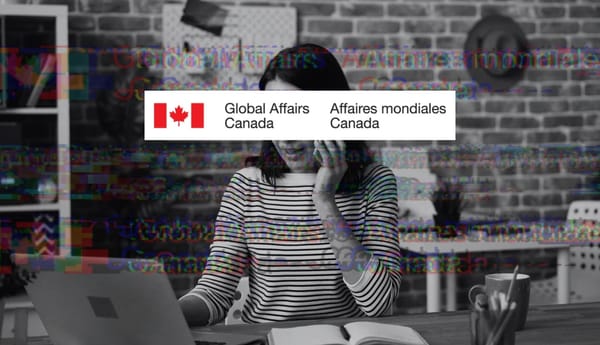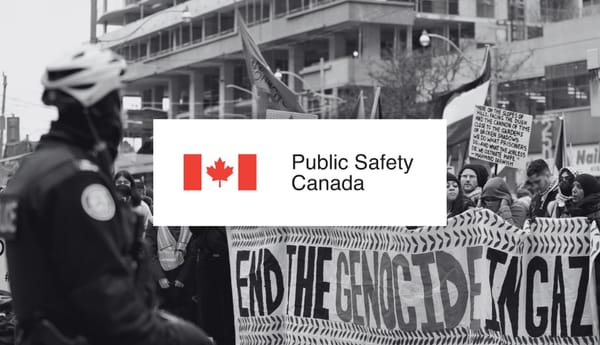Commanding a majority government in the lead up to the 2015 federal election, then-Prime Minister Stephen Harper faced a flurry of opposition from left-of-centre groups of all stripes. “Anything But Conservative” sentiment was at its peak, with Harper characterized as an existential threat to be defeated at all costs.
This was due in part to Bill C-51, the Conservatives’ marquee national security law. It included numerous provisions that a coalition of civil liberties organizations characterized as violating the free expression and privacy rights guaranteed in the Charter of Rights and Freedoms. These groups and their supporters, which coalesced under the banner of “Stop C-51,” regularly described the bill as “Canada’s Patriot Act.”
This atmosphere ushered in the perfect cipher in Justin Trudeau’s Liberal Party, which spoke of commitments to open government and civil liberties. The Liberals handily won an election despite being third in Parliament and many polling periods prior to the election, boosted by the sentiment that they were the progressive alternative to Harper.
Yet even back then, it was clear to some that a Liberal-led future wouldn’t be much brighter, because while Bill C-51 was opposed by the Bloc Québécois, the Greens and the NDP, the Liberals only promised to amend the bill if they won. They were concerned, they said, but not completely opposed to Bill C-51.
It seems as if the Liberals understood that the spotlight on this issue would fade with Harper. They were right, and the Liberals have passed their own version of Bill C-51, to just a fraction of the opposition the Conservatives received. Yet despite the lack of attention, it’s just as dangerous.
The Dangers Of Bill C-59
In June 2017, then Public Safety Minister Ralph Goodale introduced Bill C-59, “An Act respecting national security matters.” This bill was intended to strengthen the capacities of Canada’s signals intelligence agency, the Communications Security Establishment (CSE), and its human foreign intelligence agency, the Canadian Security Intelligence Service (CSIS). Among the new powers included in the bill were mass surveillance, digital disruption and hacking powers, and journalist impersonations.
A coalition of Canada’s leading civil liberties groups pointed out in 2018 that C-59 allows for “publicly available” data to be collected by both CSIS and CSE. In an era where the public sphere has concentrated into a few private digital platforms, this in effect means that constant surveillance is entirely legal. Despite social media companies being private businesses, user posts are usually publicly accessible and easy to scoop up.
The threshold for CSIS to legally collect data on Canadians was lowered as well, no longer requiring the data to be “necessary” to counter national security threats, but just “relevant.” Responding to this change, the International Civil Liberties Monitoring Group (ICLMG) wrote, “There has been little meaningful debate on whether this lower threshold is necessary or reasonable in light of the goals the government seeks to achieve.”
C-59 has also empowered CSE and CSIS to attack and disrupt foreign activities that they deem a threat. Considering the long and illustrious history of Canadian federal security services surveilling, infiltrating, and sabotaging grassroots movements, this should be alarming.
The “foreign” clause is also cold comfort due to a tactic known as “incidental collection,” which is famously used by the National Security Agency (NSA) in the United States. Digital communications often pass through other countries before arriving at their recipient, even if both are domestic users. Spy agencies like the NSA are able to collect tens of millions of Americans’ messages while dodging privacy laws with this loophole.
This is applicable to Canada as well. CSE was sued in 2013 in the wake of the Edward Snowden revelations by the British Columbia Civil Liberties Association. In response, CSE claimed there was no way to know in advance if foreign spying would capture Canadian communications. If you send an email between two Canadian cities it’s still entirely possible for it to pass through a foreign connection before reaching its destination, not to mention the countless messages sent to people outside Canada on purpose. All of this is fair game for incidental collection.
The new Measures section of Bill C-59 also introduces a warrant process that could allow impersonation of anyone other than a police officer in the course of a “threat reduction” operation in Canada, as well as computer hacking and disruption powers. University of Calgary law professor Michael Nesbitt writes that, “Under the new scheme, CSIS retains the ability to infringe the Charter with warrant authorization,” effectively meaning that judges are now able to allow spies to violate our rights.
The same section of C59 also allows “fabricating or disseminating any information, record or document.” There has yet to be any documented cases of federal agents impersonating reporters — spy agencies are of course very secretive about their tactics. Regardless, this power is now in their hands. Canadian Journalists for Free Expression was among the few groups portraying this as a new threat to journalism, arguing, “As with impersonating journalists, the prospect of CSIS potentially fabricating information for widespread public consumption undermines public trust in the news media and blurs the line between what is real and what is disinformation.”
The Act has brought us squarely into a new surveillance regime that hasn’t been accounted for.
The Supposed Reforms
While these features of Bill C-59 probably aren’t the sort of change those who voted for the Liberals to oust Harper hoped for, Trudeau has at least proposed some ostensible reforms.
When detailing the Bill, Goodale touted supposedly new oversight mechanisms for Canada’s spy agencies meant to protect Charter and privacy rights. (Nesbitt wrote that these supposed oversights actually already existed.) Goodale was asked at the time if he got pushback on these proposals from the agencies that would be impacted, and he said, “No, I did not. I did not.” This isn’t a surprise given the limits of these supposed reforms.
For example, the bill created two new oversight bodies: the National Security and Intelligence Review Agency (NSIRA) and the Intelligence Commissioner of Canada.
The NSIRA — headed by the Intelligence Commissioner, a retired judge — was created to oversee the work of CSE, CSIS and other relevant security agencies such as the RCMP and CBSA. Civil liberties critics point out that the NSIRA doesn’t have binding powers, meaning it can’t direct changes where it sees malfeasance, and can only make recommendations, which are typically ignored.
The Intelligence Commissioner is also responsible for secretly approving or denying certain CSE and CSIS operations, including spying and hacking powers.
Canada’s first Intelligence Commissioner, Jean-Pierre Plouffe, released a report in early 2021 partly criticizing agencies’ explanations in their requests for special authorizations under the new law. Despite this, the Commissioner eventually approved all requests by CSE, and all but one by CSIS since 2019. This is in keeping with the pre-Trudeau surveillance regime in Canada, which was characterized by Snowden in 2015 as having the “weakest oversight” among Western countries.
Essentially, the supposedly new privacy safeguards are neither new nor do they protect our privacy.
Softball Treatment
Many of the dangers present in C-59 are mere retrenchments of Harper’s worst ideals. Yet despite becoming law in June 2019, meaning a two-year period where opposition could be mounted to it, Bill C-59 has received far less attention than C-51.
While there was certainly tireless work against C-59 from many of the same coalition partners that opposed C-51, the mainstream press has failed to give it anywhere near a similar level of coverage.
Political leaders have also failed. When C-51 was being rushed through Parliament in 2015, prominent public intellectuals and civic leaders came out of the woodwork to denounce it, including four former prime ministers, both Liberal and Conservative. Yet C-59’s passage into law was marked by little outcry, due in part to the media-darling treatment of Trudeau and his government deflating grassroots organizing.
As with most Liberal governments, the currently-governing Liberals espouse passion for open government, a free press and civil liberties, all while authoring policies that move us in the opposite direction.
The Liberals are not as outwardly draconian in their national security appetites as the Conservatives. This low bar is no excuse to sit idly by while the government further empowers historically abusive spy agencies.






